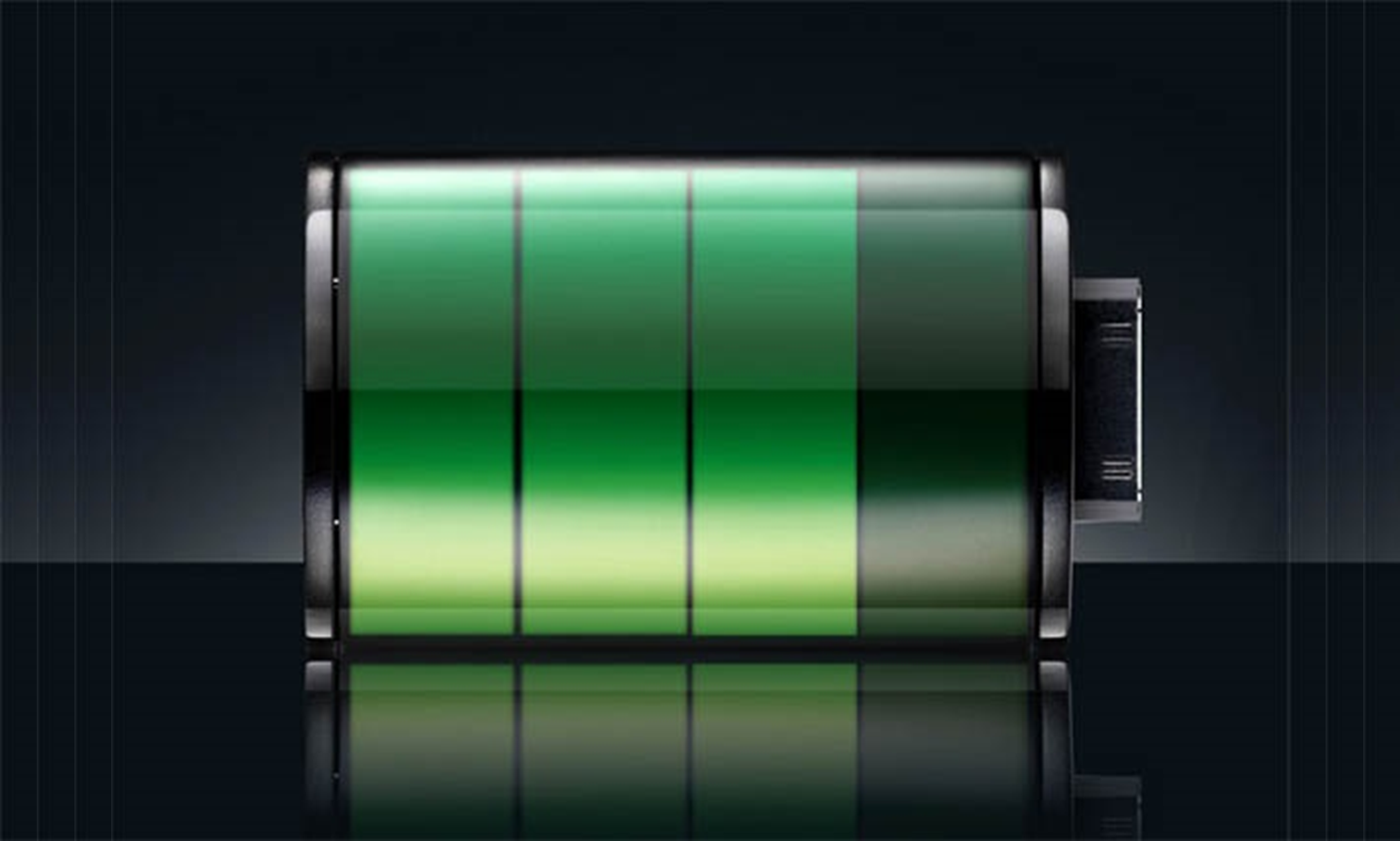
17 Mar American Teen Invents 30 Second Battery Charger
These days we can accomplish anything with a phone. That is, until the battery dies.
Smartphone manufacturers have done their best to improve battery life, by shrinking the size of other component parts to make way for bigger, more powerful batteries.
But unfortunately, with phones now acting as our books, cameras, game consoles, photo editors, mp3 players and more, it feels as though our battery life drains faster than water in a cupped hand.
This leaves you staring obsessively at the battery icon on your phone, wishing it would charge faster so you can hurry up and reconnect with the rest of the world.
Well your wish could soon become a reality thanks to an American teenager who invented a device that allows batteries to charge in less than a minute.
That’s right, California Girl Eesha Khare has created a supercapacitor that fits inside batteries, which is able to store lots of energy in a small space using a nanorod electrode.
It not only allows the batteries to charge within 30 seconds but also helps the battery hold the charge for a longer period of time.
Conventional rechargeable batteries typically last for a thousand charge cycles but Khare claims that her device can be recharged up to ten-thousand times.
The device has yet to be tested in mobile phones but has a good chance of working successfully.
The supercapacitor has only been tested on an LED light battery thus far, but has shown a promising possibility of working across other devices, including smartphones and tablets.
Her invention earned her one of the Young Scientist Awards and a $50 000 scholarship from the Intel Foundation.
There are also rumours floating across the internet that Khare’s invention has caught the attention of Google.
According to Khare, she came up with the idea to design the tiny energy-storage device because her “cellphone battery always dies.”
And thanks to Khare we might soon be living in a world where a dead phone is a thing of the past.


